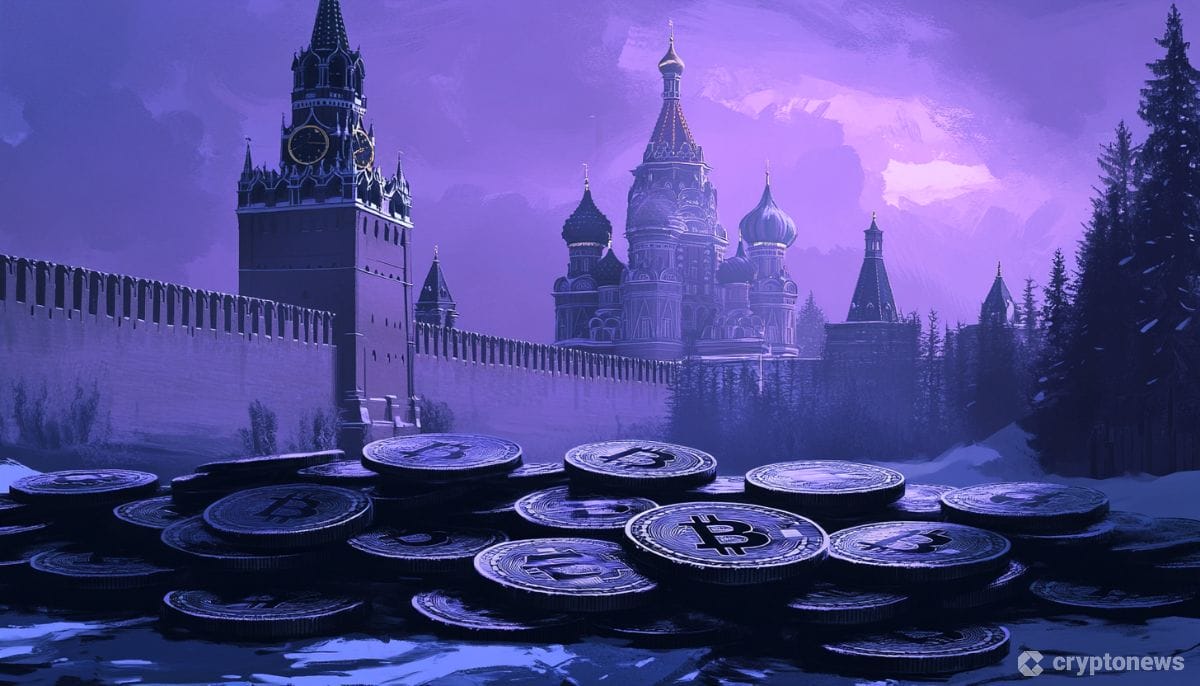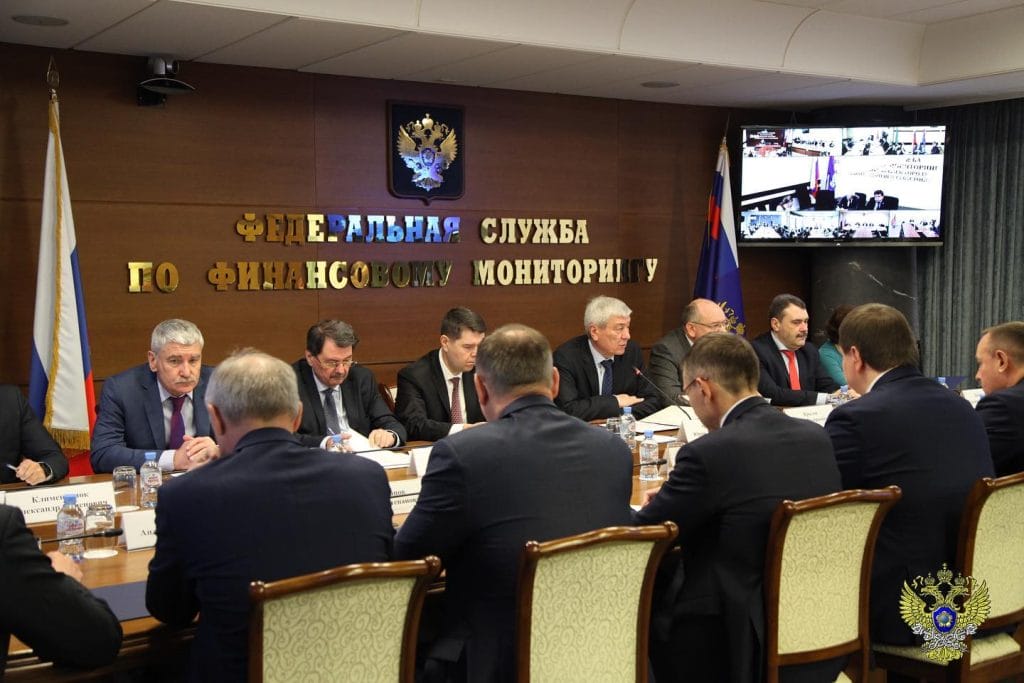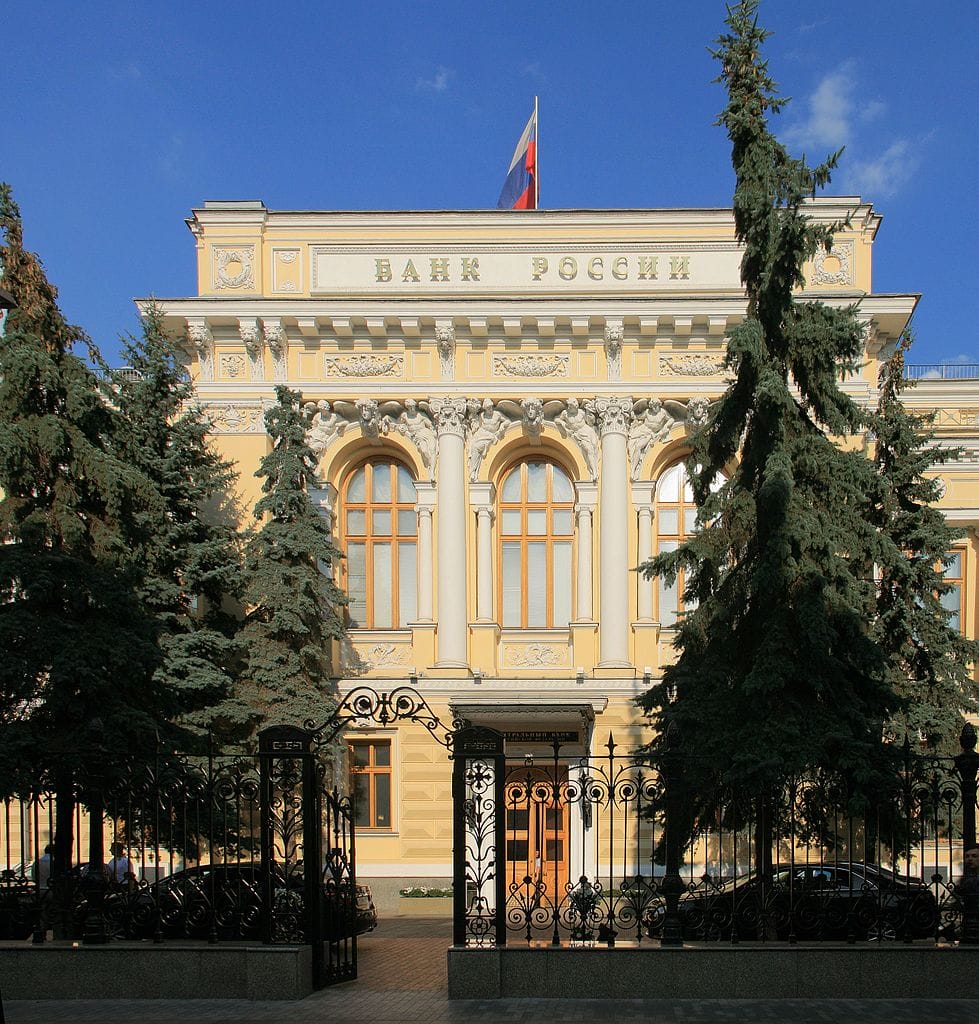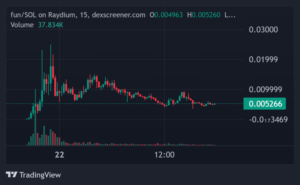Last updated:
 Why Trust Cryptonews
Why Trust Cryptonews

Moscow is set to start policing Russian crypto exchanges, and will likely look to ensure its regulations are Financial Action Task Force (FATF)-compliant.
Speaking to RBC, Dmitry Kirillov, an educator at the Moscow Digital School, said this would be the next logical step for the government.
He noted that Moscow has already begun regulating crypto mining and the use of crypto as a cross-border payment tool. And “now it is the turn of Russian crypto exchanges,” Kirillov explained.
Russian Crypto Exchange Regulations in Pipelines
Kirillov added that the law still has blind spots for peer-to-peer crypto transfers and crypto exchanges.
The expert was speaking after Rosfinmonitoring, the state anti-money laundering body, announced its plans to create “a package of bills” on “licensing” crypto exchanges in Russia.
If Rosfinmonitoring gets its way, all crypto trading platforms in Russia will have to apply to a central body for operating permits.
The agency also wants to force exchanges to “collect information about” crypto wallet owners using their services. Platforms will also have to “store data on all transactions for at least five years.”
Under these proposals, platforms will be obliged to hand over such data to “government agencies, primarily law enforcement agencies.”
Scores of crypto exchanges operate in major Russian cities. However, many of these have been linked to money laundering and fraud.

Central Bank U-Turn?
The Central Bank has previously called for all crypto exchanges to be outlawed. And it now seems set to concede it must change its policy on the matter.
Instead, the bank has apparently accepted the reality that crypto exchanges are a necessary evil, and should be regulated, not banned.
Rosfinmonitoring has previously called on the government to step up its crypto regulations on many occasions.
Most notably, it did so early this year, when the FATF downgraded Russia’s compliance ratings, specifically citing its (then) almost entirely unregulated crypto sector.

Moscow Aiming for FATF Compliance?
Yuri Brisov, a lawyer specializing in digital matters, told RBC that the agency’s proposals appear to comply with many of the FATF’s key recommendations.
He told RBC that the agency’s proposals appear to comply with many of the FATF’s key recommendations.
Brisov noted that licensing crypto exchanges would be “in line with FATF Recommendation 15,” on the need to register and license” so-called “virtual asset service providers (VASPs).”
The transaction data collection requirement “also complies with FATF standards,” the expert added.
And he also said that the “obligation to provide information to law enforcement authorities” was consistent with the so-called Travel Rule.
The rule also obliges crypto exchanges to share data on crypto transactions with one another.
Brisov concluded that full Travel Rule compliance was “still” a technically complex process for most countries.
Move Is In Line With Global Trends: Lawyer
Kristina Mkrtchyan, an adviser to the intellectual property practice at the law firm EBR, agreed that Rosfinmonitoring’s move was “in line with the overall global trend towards strengthening control over cryptocurrency transactions.”
Mkrtchyan said this was part of a greater effort to “combat money laundering and terrorist financing.”
She added that “strengthening control” over crypto exchanges would “boost transparency for the industry.”
But she conceded, it may “also lead to the departure of some players from the market.”
The Central Bank has yet to make its thoughts on the matter known. Its official policy in recent months has been that only companies in its official cross-border crypto trade sandbox can offer crypto exchange services.
However, the bank has yet to announce which companies it wants to allow into the sandbox.
Several top Russian banks have signaled their interest in providing crypto exchange services.
And talk of launching state-run crypto exchanges – possibly at the Moscow and Saint Petersberg stock and currency exchanges – has cooled in recent weeks.

















